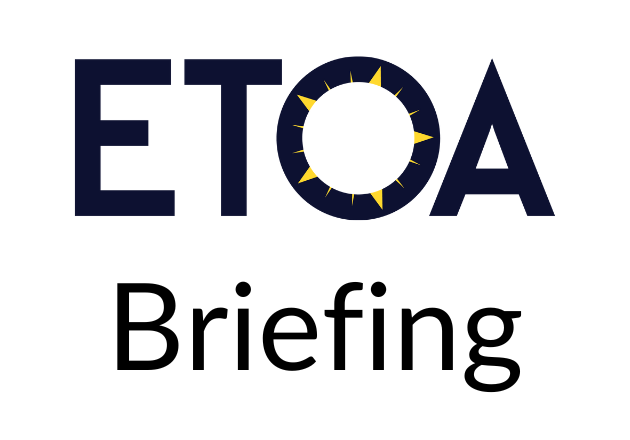Germany proposals to change VAT treatment
Last reviewed 27 June 2023
27 June 2023 update: We have formal confirmation that the German Finance Ministry is postponing the proposed changes until 31st December 2026.
18 May 2023 update: ETOA and its partners understand that the proposed changes will be postponed again, this time until 1st January 2027. Official confirmation is expected in June. For a recording of our most recent webinar on topic, please click here.
23 January 2023 update: A state finance court in Lower Saxony has published rulings dated 17 November 2022 that the EU’s Tour Operators Margin Scheme (TOMS) shall be applicable to any taxable business irrespective of its location. Thus, treatment of EU and non-EU businesses must be the same. This would prohibit a scheme, reportedly under consideration late 2022, that would treat sales to EU consumers by non-EU agents or operators in a different way to the sale to non-EU consumers by non-EU agents and operators. This interpretation has not yet been confirmed by a higher court. Rulings are available here: 96-22.DE (EN machine translation); 97-22.DE (EN machine translation).
What was Germany proposing to do?
Until the change was postponed by official notification on 27th June 2023, from 1st January 2027 the federal government in Germany would have imposed a sales tax on German tourism product sold in non-EU markets. This would have increased costs of German holidays to non-EU consumers by at least 10% once additional administrative costs were factored in.
The proposal affected demand, with some market segments reported to be avoiding German product altogether, or not promoting it. This came at a time when long-haul business was finally returning, despite strong inflationary pressure, a fragile service sector, and faltering domestic demand.
Had the change gone ahead, the impact on Germany-inbound operators and the supply chain would have been severe, especially for those who specialise in long-haul markets. The net impact of the proposal, its last-minute postponement and continued uncertainty, is still likely to be a significant loss in German tax revenue as well as loss of business to the private sector.
The change was and is unnecessary. The EU is currently considering how best to handle VAT and tourism in the online and offline marketplace, and it is developing options with input from industry and experts. EU legislative proposals are due in 2023. Germany’s proposal unilaterally pre-empted this.
The status quo means that the country in which the visitor enjoys the accommodation or other part of the tour received VAT revenue on those services. The service of packaging is enjoyed where the consumer (or other client) is based, so any tax liability arising on final sale should arise there.
The status quo also avoids the need for multiple VAT registration, allowing the tax benefit from tourism to be allocated fairly. The change will incur double taxation as EU inbound operators will be selling to non-EU operators VAT inclusive product on which the input VAT is non-recoverable.
Europe should not tax tourism exports such as a packaged tour sold in Japan or the US. Instead, it should encourage value-adding across the territory. Germany’s proposal does the opposite, adding uncertainty to a market with strong demand and alternative destinations to choose from.
ETOA continues to work with its partners to encourage Germany to take a more pragmatic view, remove market uncertainty from 2024 onwards, suspending any change until an EU-wide solution is agreed.





